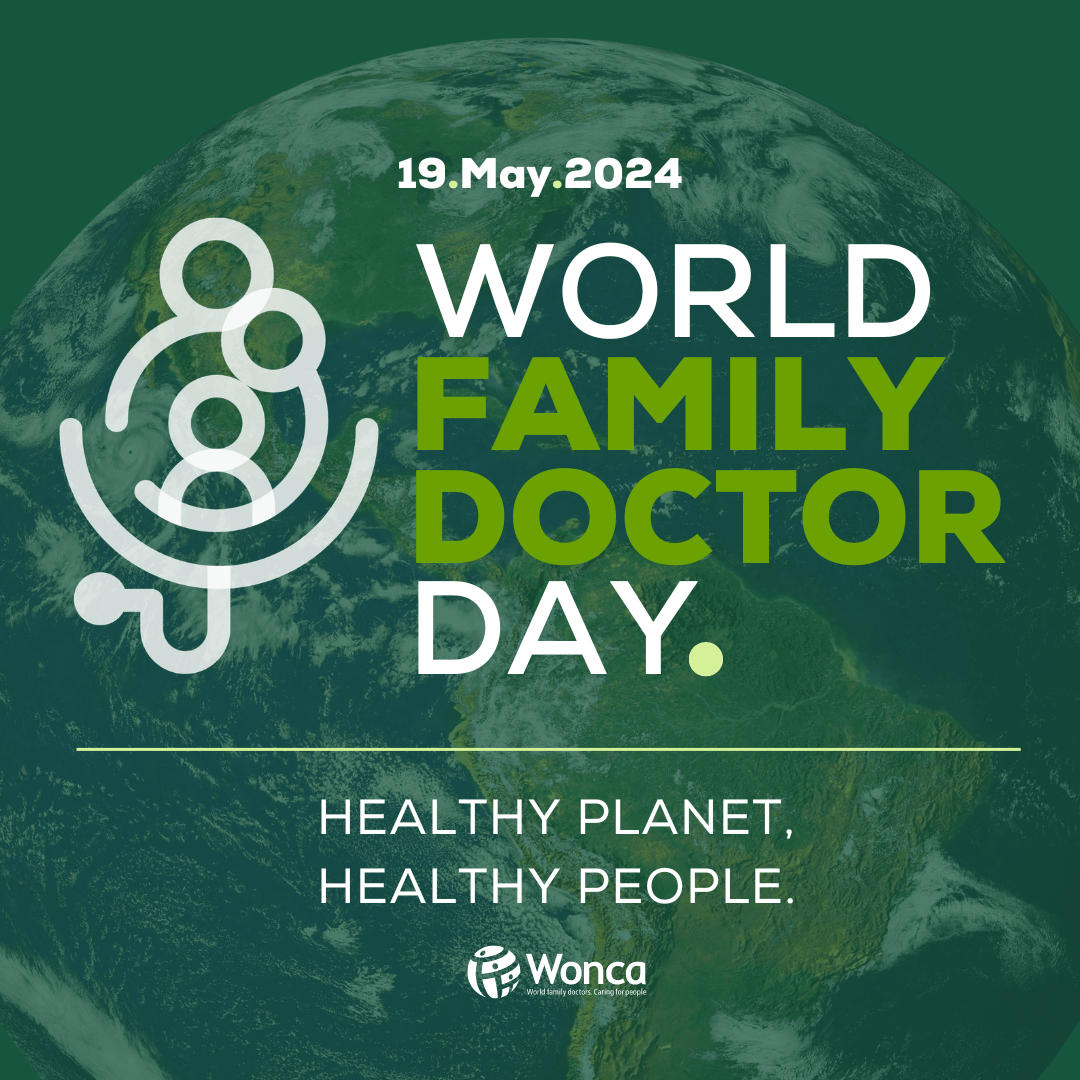Nurturing Health: From Syndemic to Literacy
Healthy Planet, Healthy People
Nurturing Health: From Syndemic to Literacy
Mayara Floss,
Family Doctor (Brazil)

In the following two stories, Dr. Mayara Floss shares her experiences working as a family doctor in Brazil. These narratives highlight the intricate connection between personal health and the health of our planet, illustrating how addressing environmental issues can also benefit individual well-being. This is part of a series of articles written for World Family Doctor Day, 19 May 2024, on the theme "Healthy Planet, Healthy People".
 Syndemic
Syndemic
One of my patients was a 16-year-old boy who was obese. He came into my consulting room with his mother, wearing jeans and a school t-shirt. He clearly wasn’t interested in being at the doctor's, but his mother was worried because he drank at least 2 litres of Coke and other fizzy drinks daily. Besides obesity, he was on the verge of developing high blood glucose levels, which his mother had been monitoring for a while.
I started by asking about his sugar intake and listening to his perspective. He did not seem motivated to change on his own. To build trust, we talked about his interests in video games and music since it was clear he did not want to diet.
I introduced the idea of co-benefits of a healthy diet for both his health and the planet. I asked if he had ever thought about the amount of plastic waste he was generating and discussed the impact on the oceans, including the Pacific garbage patch. I showed him some images of the consequences of plastic pollution. He was visibly concerned.
When I met him again, he had decided to stop drinking beverages from plastic bottles. A few months later, he had lost weight and was actively advocating for waste reduction. He returned to my office to show me a school project he had done on plastic reduction and taught me about pollution from clothing and microplastics.
Promoting healthy eating without plastics: An ethical practice in primary care https://preprints.scielo.org/index.php/scielo/preprint/view/9080
Literacy
I realized that before addressing environmental issues, many of my patients were struggling with basic needs like finding a good job, securing food, or literacy. These were significant health determinants that I, as a health professional, needed to address.
Together with my colleagues, we mapped out all adult public schools and contacted them to understand the enrollment process. I began systematically asking all my patients if they had studied and if they were interested in returning to school.
Over time, many patients decided to go back to school. Eventually, I met the adult education professor and started referring patients to him directly, and he referred them back to me. When we started this collaboration between health and education, the medicinal garden at our health clinic was poorly maintained because health professionals struggled to find time to care for the plants.
We started a project involving adult education students in maintaining the medicinal garden. I was amazed to see them caring for the plants and attending their classes at the Primary Care Clinics once a week.
I began to reflect that I wasn’t sure who was the patient, health professional, or teacher. We were all learning together. As they learned to read, it opened a new world for them and better opportunities to discuss planetary health.
Read more about this project: https://apsemrevista.org/aps/article/view/303/160

Community action: having conversations to discuss about getting back to studies.

Patients visiting the museum for the first time.